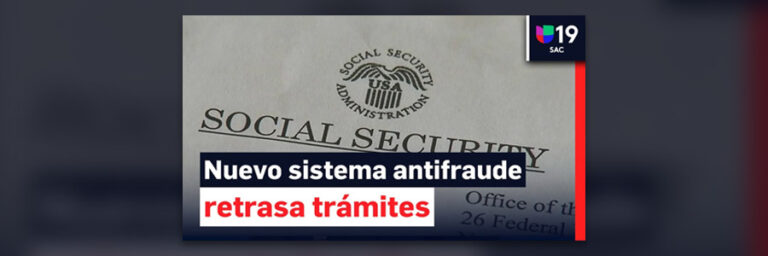A new Social Security Ruling, SSR 13-1p issued on January 29, 2013 has provided new direction on how the Social Security Administration will address allegations of unfairness, prejudice, partiality, bias, misconduct, or discrimination by Administrative Law Judges [78 Fed. Reg. 6168]. A link is available at https://www.gpo.gov/fdsys/pkg/FR-2013-01-29/pdf/2013-01833.pdf.
This new ruling has resulted from a negotiated agreement in Padro v. Astrue, a class action law suit alleging bias by five Administrative Law Judges (ALJs) in the Queens, New York hearing office.
The new ruling provides three different processes for addressing allegations of bias, prejudice, or unfairness that include a review by the Appeals Council; a process of review by an ODAR Division Quality Service (DQS) and a Civil Rights Complaint Process.
Social Security law already gives the Appeals Council the authority to act when a party is dissatisfied with a hearing decision or dismissal of a hearing request. And even when a party does not request review, the Appeals Council may initiate review of any ALJ decision on its own motion. The Appeals Council already considers allegations of unfairness, prejudice, partiality, or bias by ALJs under the standards for review in Social Security regulations. The Appeals Council may also consider objections from a party stating why a new hearing should be held before another ALJ.
In the second process, the ODAR Division Quality Service (DQS) will evaluate allegations and complaints about ALJ conduct from other people present at hearings including witnesses, claimant representatives, and the federal courts. This process of request for review can be used even in cases where an ALJ issues a favorable decision.
In the third process, a party to a hearing may also file a discrimination complaint with SSA if he/she alleges discrimination based on race, color, national origin (including English language ability), religion, sex, sexual orientation, age, disability, or in retaliation for having previously filed a civil rights complaint. The discrimination complaint must be filed within 180 days of the alleged discriminatory action unless SSA finds good cause for late filing. An individual may file a discrimination complaint alleging discrimination by an ALJ by using Form SSA-437-BK.
This new regulation will be effective 30 days after its January 29, 2013 publication date in the Federal Register.
NOTE: It is our office policy to not file complaints of ALJ bias, as we feel that we most effectively advocate for our clients in our appellate work by clearly pointing out the specific legal errors and mistakes by ALJs in evaluating medical and vocational evidence, without resort to claims of bias. However, we provide this article on ALJ bias for informational purposes for the reader, in light of the important victory obtained in the Queens, NY ODAR case.














